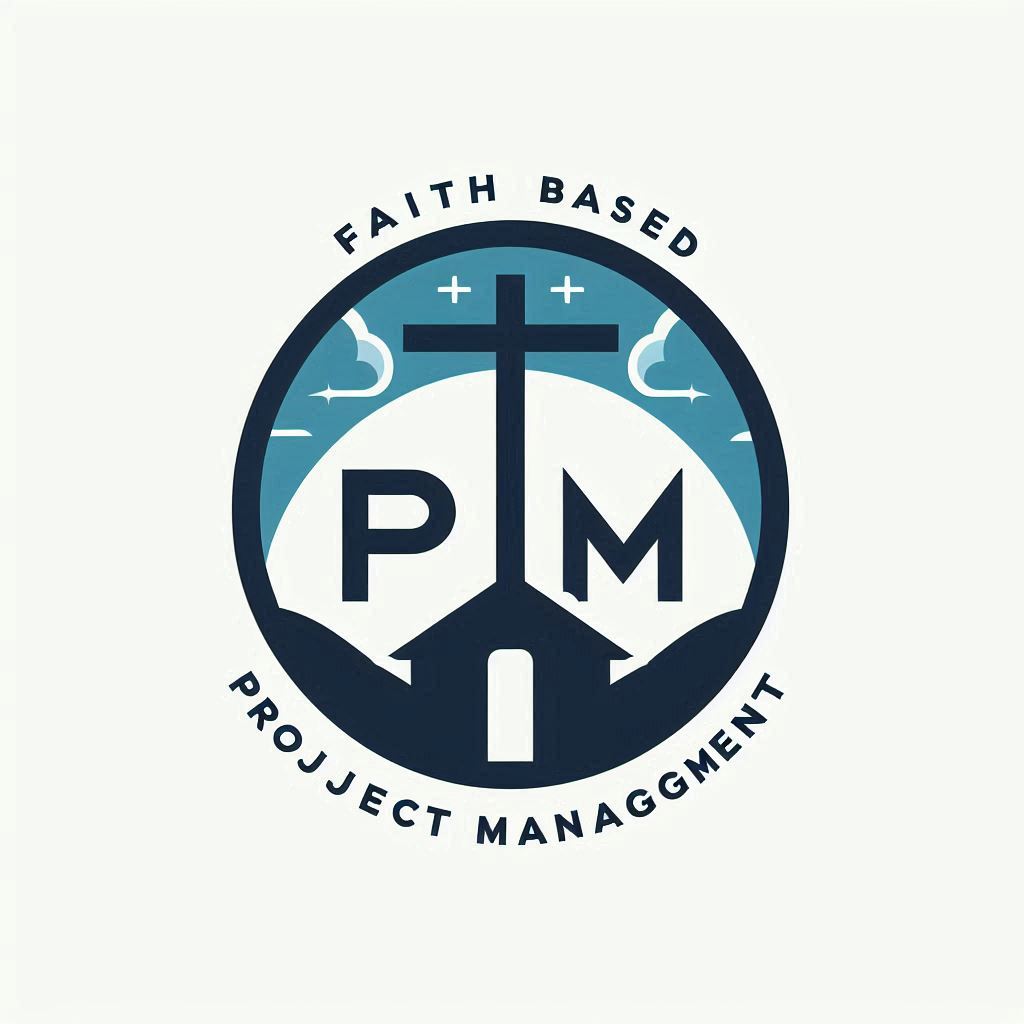Understanding Management and Project Management: A Primer
Management is the art and science of organizing, planning, leading, and controlling resources to achieve specific objectives. It encompasses a wide range of activities and strategies that ensure an organization functions efficiently and effectively, balancing long-term goals with day-to-day operations. In its broader scope, management applies to running businesses, nonprofits, governments, and faith-based organizations alike.
Within this expansive frame lies a specialized and dynamic approach: Project Management.
What is Project Management?
Project Management is a focused discipline within management, designed specifically to initiate, plan, execute, control, and close activities that produce unique outputs within defined constraints of time, budget, and scope. Unlike routine management that oversees ongoing operations, project management deals with temporary endeavors aimed at delivering singular results—a product, service, or specific outcome.
Project Management vs. General Management
The key distinction lies in their objectives:
- General Management: Continuous, focused on maintaining and improving the efficiency of organizational systems and processes.
- Project Management: Temporary, outcome-oriented, and finite, aimed at achieving a specific result by a designated deadline.
This focused nature of project management has led to its adoption in diverse sectors, including construction, IT, healthcare, education, and faith-based initiatives. Its unique features isolate it as a distinct and powerful approach within the broader umbrella of management.
Special Facets of Project Management
- Defined Goals and Objectives: Each project starts with a clear objective, whether it’s building a new church, launching a community program, or implementing a digital platform.
- Specific Timeframes: Projects have a start and end date, unlike ongoing operations.
- Resource Constraints: Resources, including budget, personnel, and time, are carefully allocated and monitored.
- Cross-Disciplinary Teams: Projects often bring together diverse expertise to achieve a singular aim.
- Project Lifecycle: Projects follow a structured cycle: initiation, planning, execution, monitoring, and closure.
Pros of Project Management
- Focused Efforts: Ensures dedicated resources and attention to achieving a specific result.
- Structured Approach: Provides clear guidelines for each phase, ensuring efficient resource use.
- Enhanced Accountability: Defined roles and responsibilities make it easier to track progress and performance.
- Adaptability: Encourages flexibility to respond to changes or challenges during the process.
- Innovation-Driven: Often spurs creativity and innovation due to its targeted nature.
Cons of Project Management
- High Costs: Initial setup and ongoing monitoring can be resource-intensive.
- Rigid Scope: Overly rigid adherence to scope can hinder responsiveness to unforeseen needs.
- Short-Term Focus: Emphasis on finite deliverables may neglect long-term organizational goals.
- Complex Coordination: Involves managing diverse teams, timelines, and objectives, which can be challenging.
Why Choose Project Management?
Project Management stands out for its ability to address unique and time-sensitive challenges with precision and structure. In today’s fast-paced and results-driven world, organizations are increasingly opting for this approach to:
- Deliver measurable outcomes.
- Achieve efficiency by optimizing resources.
- Respond effectively to external demands or opportunities.
The rationale for adopting project management often hinges on its capacity to translate vision into action with clear deliverables. For faith-based organizations, this might mean turning ministry goals into actionable initiatives—whether launching a food relief program or building new infrastructure.
When is Project Management the Best Approach?
Project management is most suitable in circumstances that involve:
- Defined Outcomes: When specific results are required within a finite timeframe.
- Limited Resources: When meticulous planning is necessary to maximize limited funds, personnel, or time.
- Unique Challenges: When addressing one-off needs or initiatives rather than ongoing operations.
- High Stakes: When the outcome significantly impacts stakeholders or the community.
- Collaboration Needs: When diverse expertise and teamwork are required to achieve a goal.
Building the Case for Faith-Based Project Management
Faith-based organizations operate with unique challenges and opportunities, often requiring tailored solutions that align with their mission and values. Project management offers a structured yet flexible framework to drive impactful ministry and community development initiatives. In the following posts, we will explore how project management principles can be adapted to faith-based contexts to amplify their effectiveness and sustainability.
Stay tuned as we delve deeper into Faith-Based Project Management, uncovering strategies, tools, and principles to empower faith communities to achieve their God-given missions with excellence and purpose.
